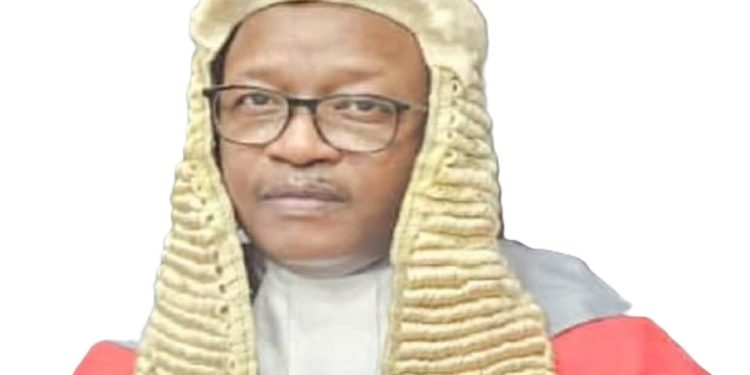By Albert David
The recent announcement from the High Court of Sierra Leone, declaring the assignment of seven Judges and four Magistrates to expedite drug-related cases, alongside extended court sittings into Saturdays, is not a reform. It is a troubling act of institutional theatre. A performance designed to simulate urgency while deflecting from the deeper rot that has consumed our justice system, our governance, and our national conscience.
This press release, cloaked in the language of efficiency and reform, is intellectually dishonest and ethically bankrupt. It speaks of judicial acceleration, but says nothing of justice. It prioritizes prosecution over protection, punishment over rehabilitation, and optics over integrity.
Where is the concern for the victims, the addicted youths, the devastated families, the perished dreams? Where is the funding for rehabilitation centers, community outreach, or psychological support? Where is the national strategy to rescue the vulnerable from the grip of narcotics? Instead, the government finds resources to expand court sittings, hire more judicial officers/Judges, and fast-track trials, while continuing to shield the real architects of this crisis.
Let us be clear: this is not justice. It is manipulation. It is a betrayal of constitutional responsibility. The judiciary, under the guise of reform, is whitewashing a crisis that implicates powerful figures and institutions, police, military, immigration, foreign ministry, local government ministry, transport and aviation, port authorities, and above all, the Office of the President.
The silence surrounding internationally known traffickers and their beneficiaries is deafening. The daughter of President Julius Maada Bio, married to Europe’s most wanted cocaine trafficker and serial killer Jos Leijdekkers (alias Omar Sheriff), enjoys high-level protection under this administration. Yet the judiciary remains mute. No summons. No inquiry. No accountability.
This selective justice is not only disturbing, it is devastating. It erodes public trust, undermines the rule of law, and exposes the judiciary as a tool of political convenience rather than a pillar of national integrity. It is a disservice to the people of Sierra Leone and a stain on the conscience of every institution that claims to serve them.
We must reject this deception. We must demand a judiciary that confronts power, not protects it. We must insist on reforms that prioritize healing, accountability, and truth, not expedient trials that scapegoat the afflicted while absolving the elite.
Until then, this press release stands not as a symbol of progress, but as a monument to betrayal.













